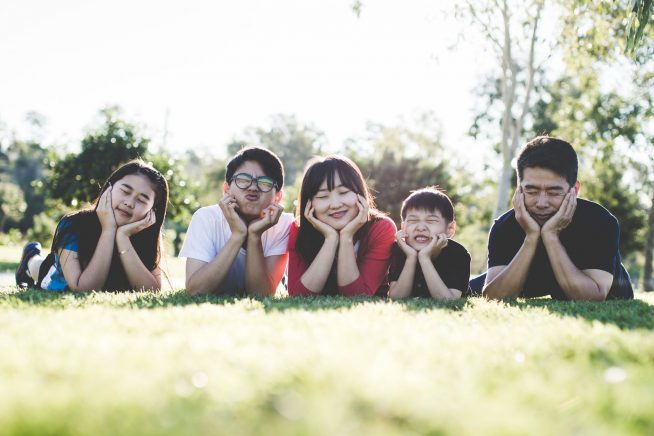“Whenever I held my newborn baby in my arms, I used to think that what I said and did to him could have an influence not only on him but on all whom he met, not only for a day or a month or a year, but for all eternity – a very challenging and exciting thought for a mother.” – Rose Kennedy
Most parents take their job as teachers very seriously. We teach our kids colors. ABCs. Taking turns. Right from wrong.
But sometimes we don’t even notice a much more important lesson we’re imparting to our children: how to manage their feelings, and therefore their behavior. This is the basis of emotional intelligence (EQ), which will determine their quality of life much more fundamentally than their IQ.
Kids learn how to manage “big feelings” when we:
1 Stay calm and kind in the face of their upset.
2 Accept their feelings even while we limit their actions.
3 Respond to their anger with compassion, so they can show us the tears and fears behind their anger.
Research shows that their brains learn to self soothe through this process. Eventually, they learn to stabilize themselves even in the face of stressful situations and emotions.
That’s the unconditional love that we all know every child needs.
- When we see past the bad behavior to the overwhelmed, frightened child underneath.
- When we listen, difficult feelings and all, instead of sending them away until they can “act right.”
- When we respond to their anger or neediness with “How can I help?” instead of letting ourselves get triggered.
- When we help them with their emotions first, and then wait until they’re calm and can actually learn before we talk about appropriate behavior.
When parents regulate their own emotions and accept their child’s emotions, the child learns to manage his or her feelings and behavior earlier than other kids. They’re closer to their parents through the teen years and beyond. They’re more skilled at calming themselves, and handle stress better, both as kids and as adults.
Unconditional love creates higher EQ. That means a child who can manage her emotions, and therefore her behavior. A child who grows into a person who walks in love, follows his own inner compass, and acts with powerful presence. A person who makes the world a better place, just by being himself or herself.
A challenging and exciting thought for us as parents? Indeed. It’s the most important thing you’re teaching, every day.
 Dr. Laura Markham, founder of AhaParenting.com and author of Peaceful Parent, Happy Kids: How To Stop Yelling and Start Connecting and Peaceful Parent, Happy Siblings: How to Stop the Fighting and Raise Friends for Life.
Dr. Laura Markham, founder of AhaParenting.com and author of Peaceful Parent, Happy Kids: How To Stop Yelling and Start Connecting and Peaceful Parent, Happy Siblings: How to Stop the Fighting and Raise Friends for Life.
Image courtesy of DamDa.












